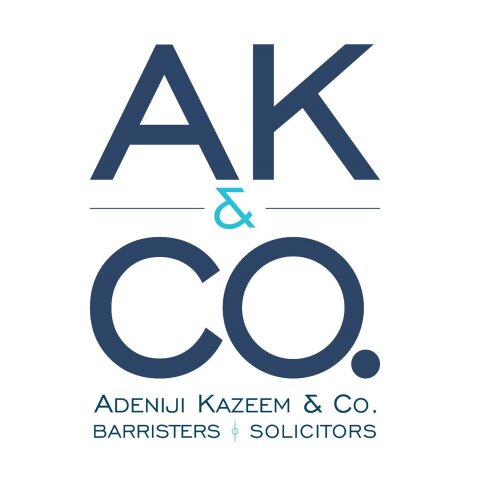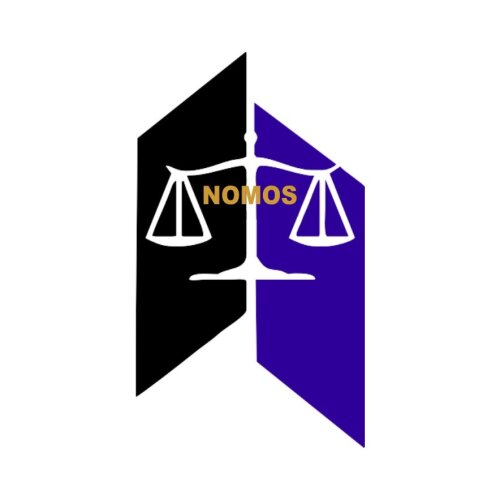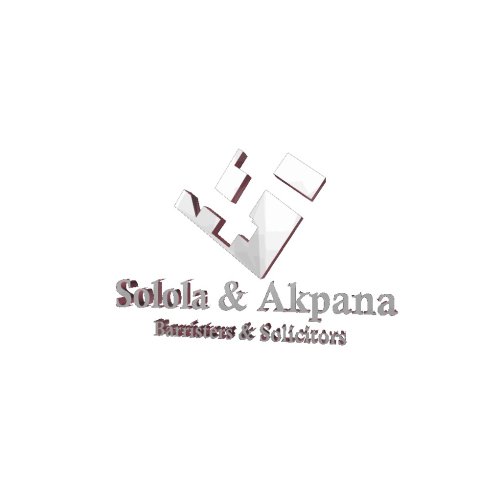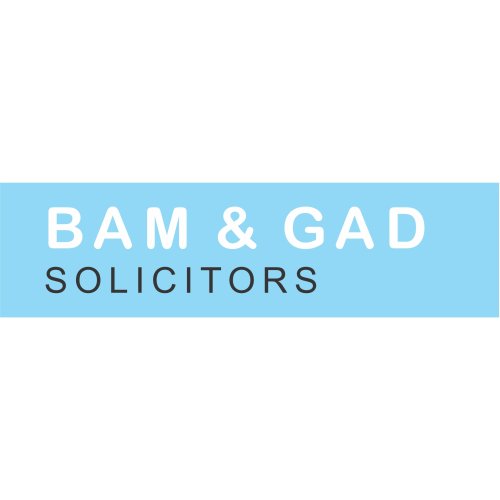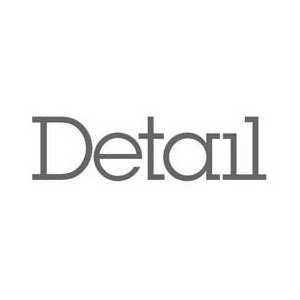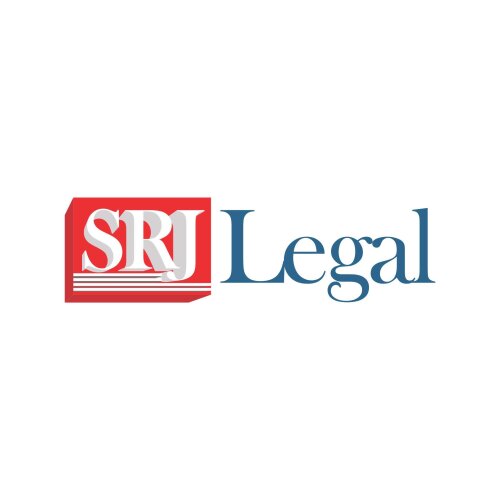Best Debt Capital Markets Lawyers in Lagos
Share your needs with us, get contacted by law firms.
Free. Takes 2 min.
List of the best lawyers in Lagos, Nigeria
Legal guides written by Adeola Oyinlade & Co:
- Procedure and Requirements for Work Permit and Visas in Nigeria
- The Step-By-Step Procedure of How to Apply for Microfinance Bank License Online in Nigeria
- How to Ensure the Smooth Recognition and Enforcement of Foreign Judgments in Nigeria
About Debt Capital Markets Law in Lagos, Nigeria
Debt Capital Markets (DCM) pertain to the financial markets where companies, governments, and other organizations raise funds through issuing debt securities such as bonds, notes, and commercial paper. Lagos is the financial hub of Nigeria and the West African region, making it a focal point for capital market activities including debt issuances. DCM law encompasses regulatory frameworks, compliance requirements, advisory services, issuance processes, and dispute resolution mechanisms connected to debt financing. Legal professionals in this field help issuers, investors, and intermediaries navigate the complex regulatory landscape and ensure that transactions proceed smoothly and remain compliant with Nigerian law.
Why You May Need a Lawyer
There are several situations where legal advice is crucial in the debt capital markets:
- When issuing corporate or government bonds to raise capital
- When investing in Nigerian debt securities as an individual or institutional investor
- During the process of structuring new debt instruments, such as sukuk or green bonds
- If you encounter contractual disputes or defaults related to debt instruments
- To ensure compliance with Securities and Exchange Commission (SEC) rules and other financial regulations
- When dealing with cross-border transactions involving Nigerian debt capital markets
- For legal due diligence and risk assessment before entering into DCM transactions
- If you are an intermediary, such as a broker or financial advisor, seeking to understand your legal obligations
Lawyers experienced in DCM can provide advice at every stage, from planning a debt issuance to handling regulatory filings and representing clients in court or before regulatory agencies.
Local Laws Overview
Debt Capital Markets in Lagos, and Nigeria by extension, are governed by a mix of local laws, regulations, and oversight by various authorities. The main bodies and laws affecting DCM include:
- Investment and Securities Act (ISA) 2007: The principal legislation regulating securities issuances, including debt securities.
- Securities and Exchange Commission (SEC): The main regulatory agency, overseeing all offerings and issuances of securities to protect investors and maintain fair markets.
- Nigerian Stock Exchange (NGX): Provides a platform for listed debt securities and sets rules for dealing in these instruments.
- Companies and Allied Matters Act (CAMA) 2020: Contains provisions on corporate governance, which are crucial for issuers of debt securities.
- Central Bank of Nigeria (CBN) Guidelines: These apply especially to banks, financial institutions, and cross-border transactions.
- Tax Regulations: Taxation of debt securities, interest, and capital gains follow rules set forth by the Federal Inland Revenue Service (FIRS).
In addition, certain debt instruments such as sukuk may also be subject to specific rules concerning their structure and compliance with Islamic finance principles. Participants in Lagos must keep up with ever-evolving regulations and reporting obligations to avoid compliance risks.
Frequently Asked Questions
What are debt capital markets?
Debt capital markets refer to the segment of the financial market where entities raise funds by issuing debt securities, such as bonds and notes, to investors who are repaid with interest.
Who regulates debt capital markets in Nigeria?
The Securities and Exchange Commission (SEC) is the primary regulator, with the Nigerian Stock Exchange (NGX) and Central Bank of Nigeria (CBN) also playing major roles depending on the nature of the transaction.
What types of debt instruments are common in Nigeria?
Common instruments include government bonds, corporate bonds, commercial papers, treasury bills, and sukuk (Islamic bonds).
What is involved in issuing a bond in Nigeria?
Issuers must prepare a prospectus, obtain regulatory approvals from the SEC, adhere to NGX listing requirements if the bond is to be traded publicly, and comply with ongoing disclosure obligations.
Can foreign investors participate in Nigerian debt capital markets?
Yes, foreign investors can invest in Nigerian debt securities, but must comply with CBN foreign exchange regulations and SEC guidelines relevant to their participation.
How is interest income from debt securities taxed?
Interest income may be subject to withholding tax, and the rate depends on the type of investor and the specific instrument. There are also exemptions in certain circumstances.
What happens if an issuer defaults on a bond?
Bondholders may pursue remedies as set out in the issuance documentation and applicable laws, which could include restructuring, enforcement of security interests, or legal action for recovery.
Are there special rules for green bonds or sukuk?
Green bonds must meet eligibility criteria and regulatory disclosures specific to environmental impact, while sukuk must comply with both SEC and Shariah board regulations.
Why do I need legal due diligence before buying a debt instrument?
Legal due diligence helps identify potential risks, ensures compliance, checks the validity of the security, and protects investor interests before completing a debt transaction.
How long does it take to issue a bond in Lagos?
The timeframe can vary, but typically ranges from several weeks to a few months, depending on regulatory approval, complexity of the transaction, and market conditions.
Additional Resources
Here are some key resources and organizations relevant to Debt Capital Markets in Lagos, Nigeria:
- Securities and Exchange Commission (SEC) Nigeria
- Nigerian Stock Exchange (NGX)
- Central Bank of Nigeria (CBN)
- Federal Inland Revenue Service (FIRS)
- Nigerian Debt Management Office (DMO)
- Nigerian Bar Association - Section on Business Law
These entities provide guidance documents, regulations, and sometimes advisory services on DCM transactions and compliance.
Next Steps
If you require legal assistance in debt capital markets, consider the following steps:
- Evaluate your specific needs, such as issuing a debt instrument, investing, or resolving a dispute.
- Gather relevant documents, such as offering memoranda, contracts, and correspondence with regulators.
- Identify law firms or lawyers in Lagos who specialize in capital markets or financial law.
- Schedule a consultation to discuss your situation and clarify the scope of advice needed.
- Request references or case studies to ensure your chosen legal professional has experience handling similar DCM matters.
- Follow your lawyer’s advice on compliance, regulatory filings, due diligence, and risk management for a smooth and legally sound transaction.
A qualified lawyer familiar with Lagos’s financial markets and local regulations will help protect your interests and navigate the complexities of Debt Capital Markets in Nigeria.
Lawzana helps you find the best lawyers and law firms in Lagos through a curated and pre-screened list of qualified legal professionals. Our platform offers rankings and detailed profiles of attorneys and law firms, allowing you to compare based on practice areas, including Debt Capital Markets, experience, and client feedback.
Each profile includes a description of the firm's areas of practice, client reviews, team members and partners, year of establishment, spoken languages, office locations, contact information, social media presence, and any published articles or resources. Most firms on our platform speak English and are experienced in both local and international legal matters.
Get a quote from top-rated law firms in Lagos, Nigeria — quickly, securely, and without unnecessary hassle.
Disclaimer:
The information provided on this page is for general informational purposes only and does not constitute legal advice. While we strive to ensure the accuracy and relevance of the content, legal information may change over time, and interpretations of the law can vary. You should always consult with a qualified legal professional for advice specific to your situation.
We disclaim all liability for actions taken or not taken based on the content of this page. If you believe any information is incorrect or outdated, please contact us, and we will review and update it where appropriate.






